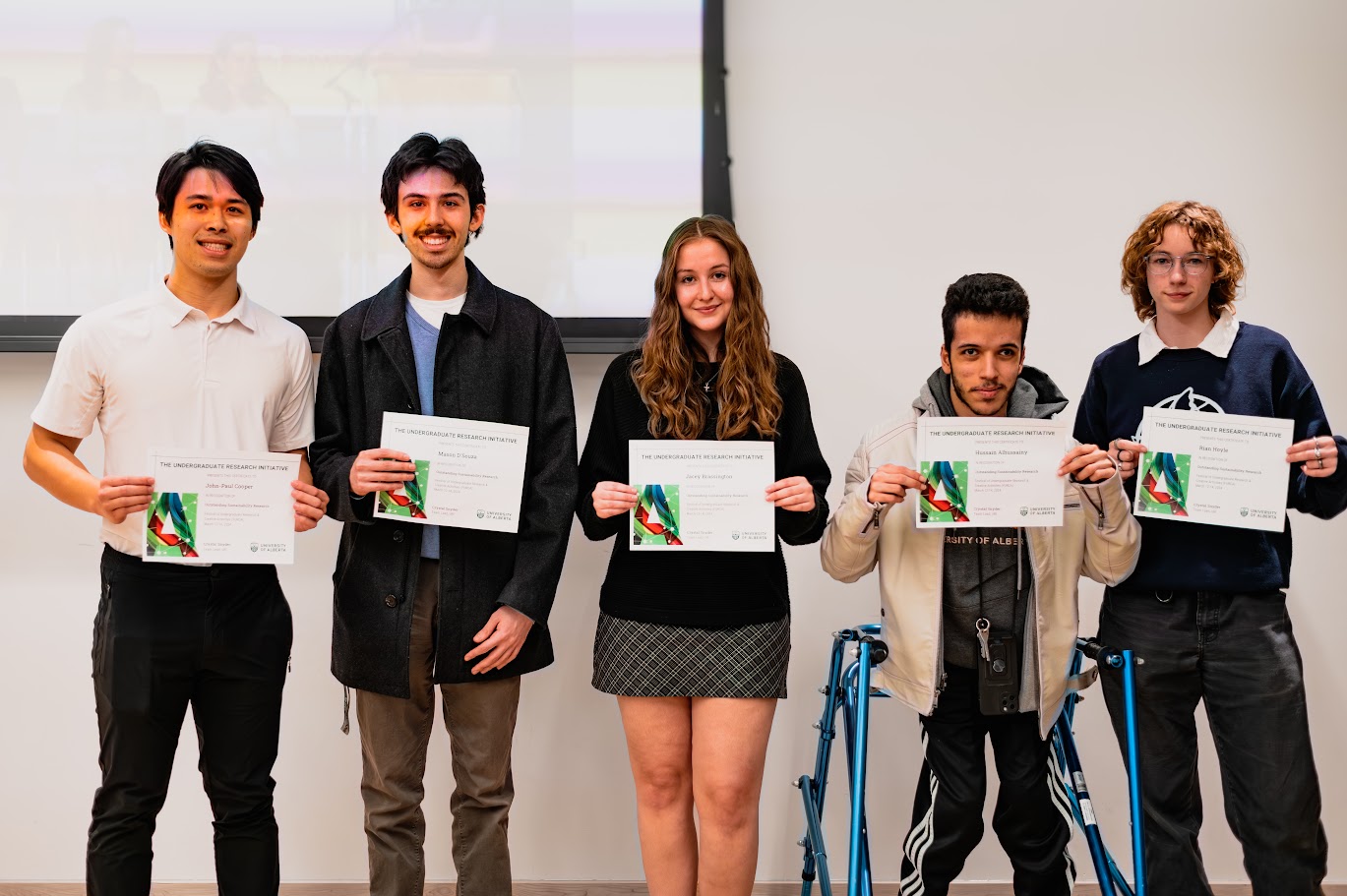Shaping Sustainable Futures: Governance and Community Strategies
In a world grappling with environmental crises, the need for sustainable transitions has never been more urgent.
Recognizing this, Kristof Van Assche, Raoul Beunen, and Monica Gruezmacher have authored "Strategy for Sustainability Transitions: Governance, Community and Environment," published in 2024. This book explores the complex challenges of building sustainable communities, providing nuanced analyses and innovative solutions through the lens of Evolutionary Governance Theory, a conceptual framework for transition strategies.
The authors’ inspiration for "Strategy for Sustainability Transitions"
In the realm of sustainability and community development, there exists a persistent temptation to seek easy answers to complex questions. It is a temptation that the authors have encountered in their work time and again in their work with municipalities and communities across diverse landscapes.
"People often say, 'We need a clear plan,' eager for a roadmap to sustainability," explains Kristof Van Assche. "But our journey has taught us that sustainability is not a destination with a predefined path; it's a dynamic process shaped by the unique fabric of each community."
Their approach begins with stories—the narratives that communities tell about themselves and their aspirations. Van Assche notes, "These stories aren't just tales; they are foundational to how communities perceive and approach sustainability challenges. They reflect histories, values, and local knowledge that inform decisions far more profoundly than any outsider's prescription."
Monica Gruezmacher adds an example from Colombia's rural communities, where sustainability is not only about ecological balance but also about navigating the complexities of informal actors, such as armed groups. "In these areas," she says, "governance is not a straightforward exercise in policy-making; it's a delicate dance between formal rules and informal realities."
Strategy for Sustainability Transitions is intended for professionals and academics in community and societal development, including (but not limited to) local leaders, urban planners, environmental managers, and policymakers. It's also invaluable for government officials at all levels, non-profit organizations, and anyone involved or interested in sustainable community development and planning. For a more accessible introduction to these topics, consider Van Assche and Gruezmacher’s earlier book, Crafting community strategies for sustainable development – A community guide.
How does Evolutionary Governance Theory guide sustainable transitions?
We believe that at the heart of sustainable transitions lies Evolutionary Governance Theory. This approach sees governance as a system that is always changing and adapting. It moves away from the idea of fixed solutions and instead supports governance systems that evolve along with societal needs and environmental changes. This means understanding that governance involves a mix of policies, people, and institutions that must constantly respond to new situations.
"Governance isn't static," notes Van Assche. "It's a dynamic interplay of actors, institutions, and evolving community norms." Gruezmacher adds, "What works in one community may not work in another. Each community has its own governance 'DNA' shaped by its history, culture, and socio-economic context."
Our book, Strategy for Sustainability Transitions, argues against the oversimplification of governance challenges. It critiques the tendency to reduce sustainability to a checklist of actions and metrics, advocating instead for nuanced, context-sensitive approaches.
"Sustainability isn't about ticking boxes," we often emphasize. It is about engaging deeply with community stories, understanding the mix of formal and informal governance structures, and fostering inclusive decision-making processes that respect local knowledge and values. This approach recognizes that sustainable transitions are complex and multifaceted, requiring adaptive and participatory governance that can respond to diverse and evolving challenges.
Reflecting on their research, Van Assche and Gruezmacher highlight several key challenges and insights to sustainable transitions:
- Complexity of governance systems: Governance is not just about government decisions. It is about the intricate web of relationships and power dynamics that shape decision-making processes.
- Local context sensitivity: What works in urban settings may not apply in rural or Indigenous communities. Each context requires tailored approaches that respect local values and traditions.
- Resistance to change: There is often resistance to new sustainability strategies. Politicians and community leaders may prefer familiar approaches, even if they are less effective in the long term.
- Importance of adaptive strategies: Adaptive governance is crucial. Communities must continuously learn and adapt their strategies based on evolving challenges and opportunities.
In conclusion, sustainability and governance have underscored the need for adaptive, context-sensitive approaches. "We invite stakeholders to join us in reimagining governance as a journey rather than a destination," encourages Van Assche. "Let's embrace the richness of community stories, navigate the complexities of governance systems, and co-create sustainable futures that honor diversity and resilience."
Looking ahead, their insights remind us that sustainable development requires not just technical solutions but also a deep understanding of local contexts, adaptive governance practices, and a commitment to inclusive dialogue. It is a call to action for all those invested in the future of our communities and our planet.
Would you like to learn more about this book?
Watch this talk by Kristof Van Assche and Monica Gruezmacher, who were guest speakers in our Lecture Series. This ongoing Lecture Series explores local and global perspectives on sustainability, equity and climate action. Listen to researchers and practitioners from the University of Alberta and beyond in fields ranging from engineering to ecology, public health to poetry, native studies to nanotechnology.


